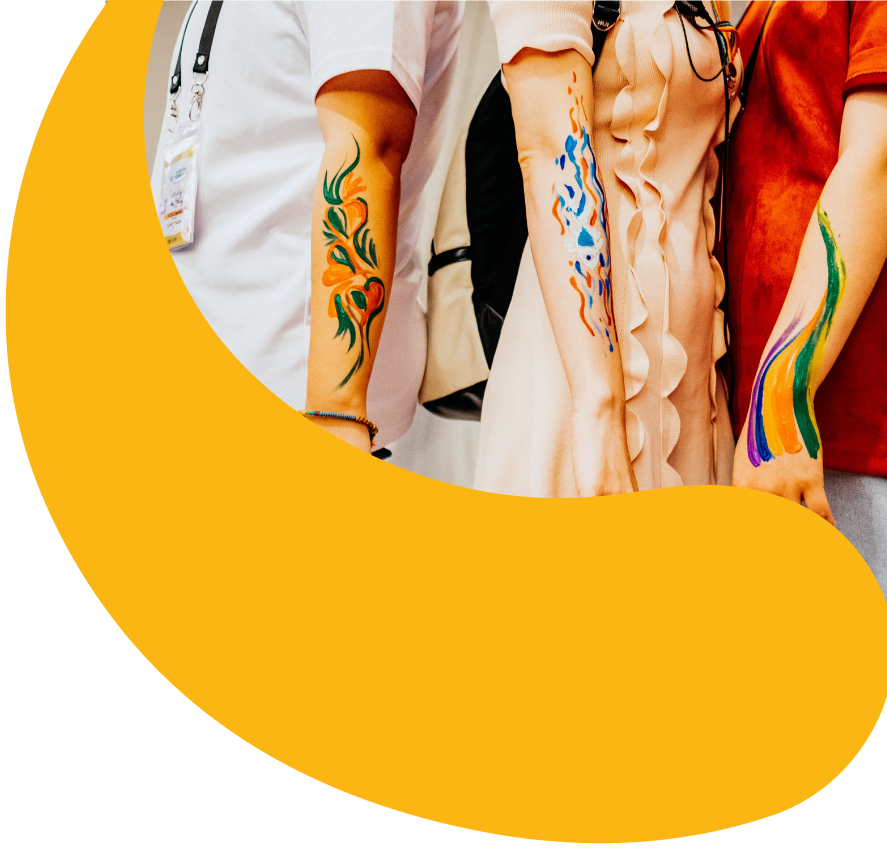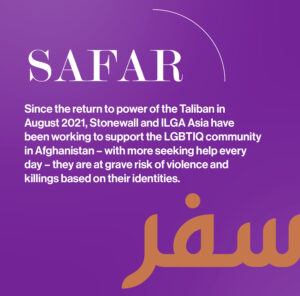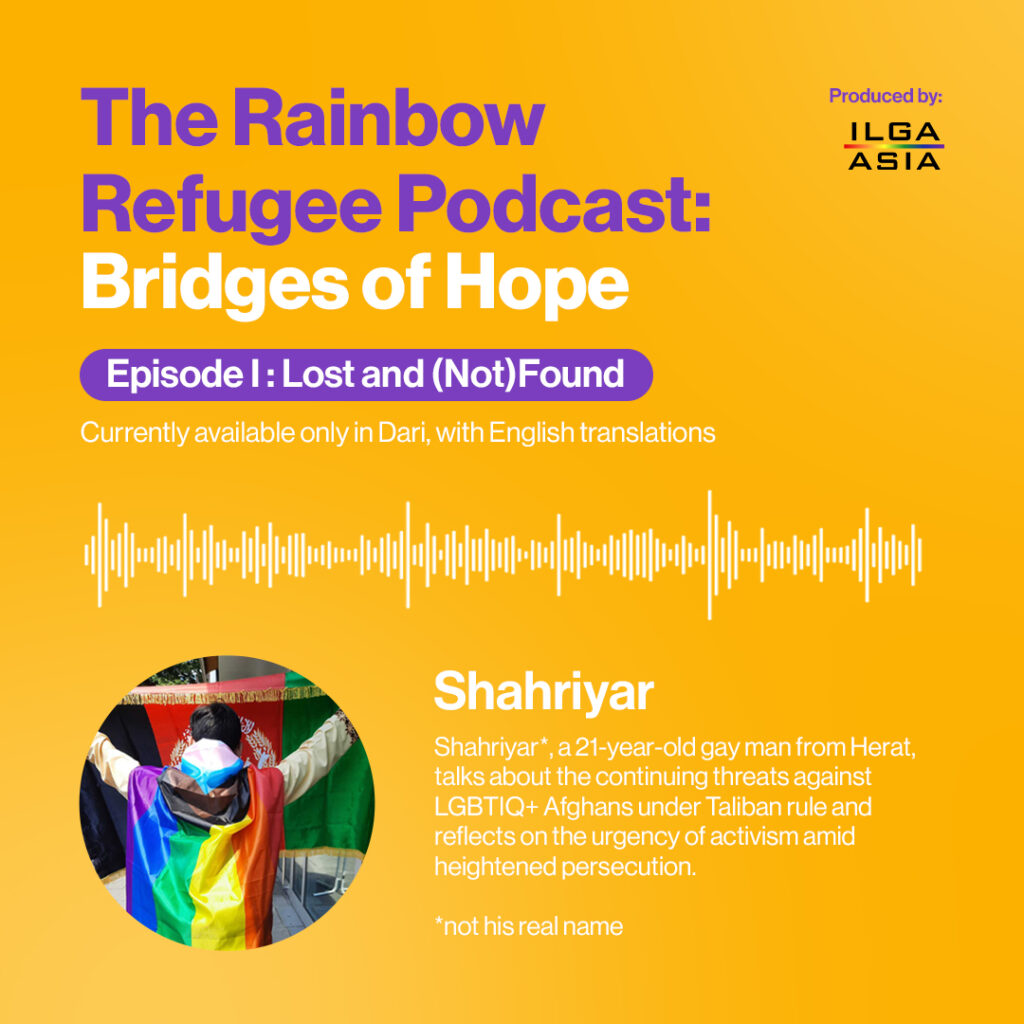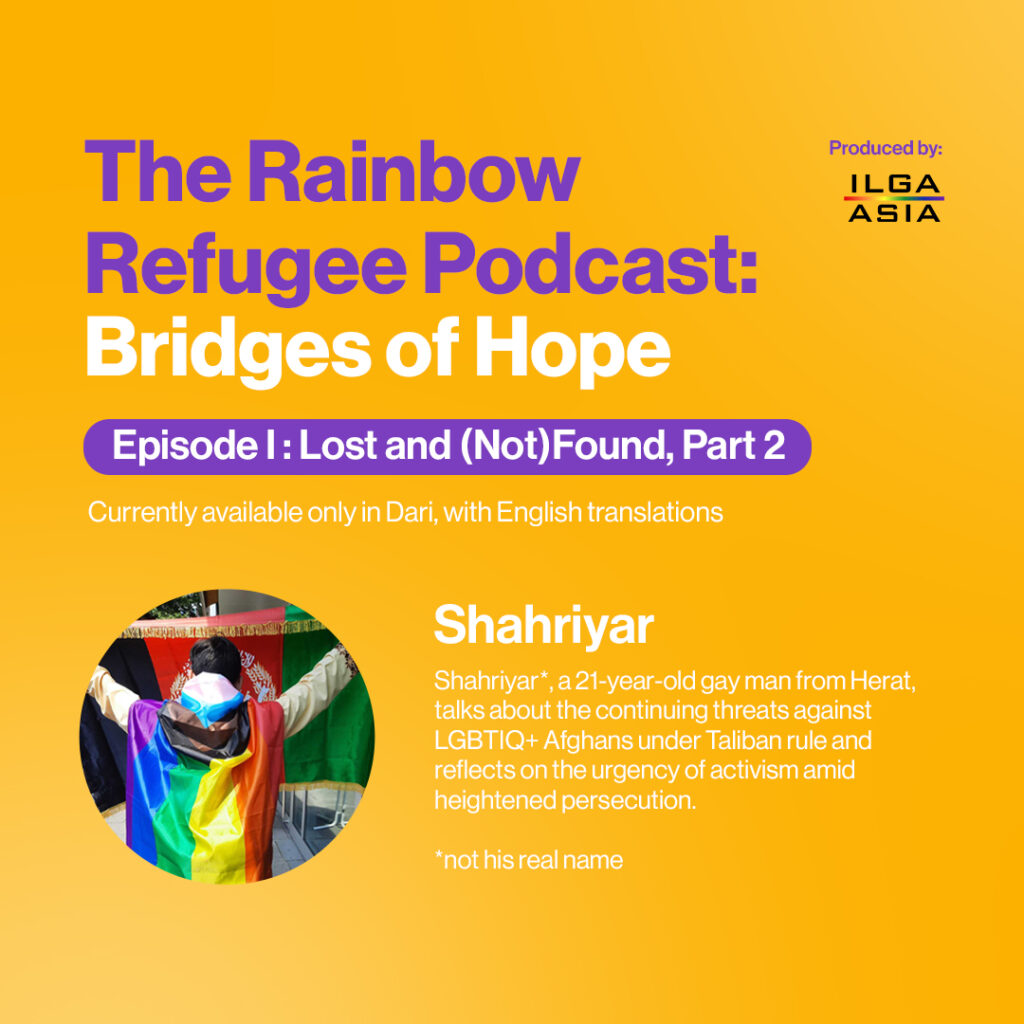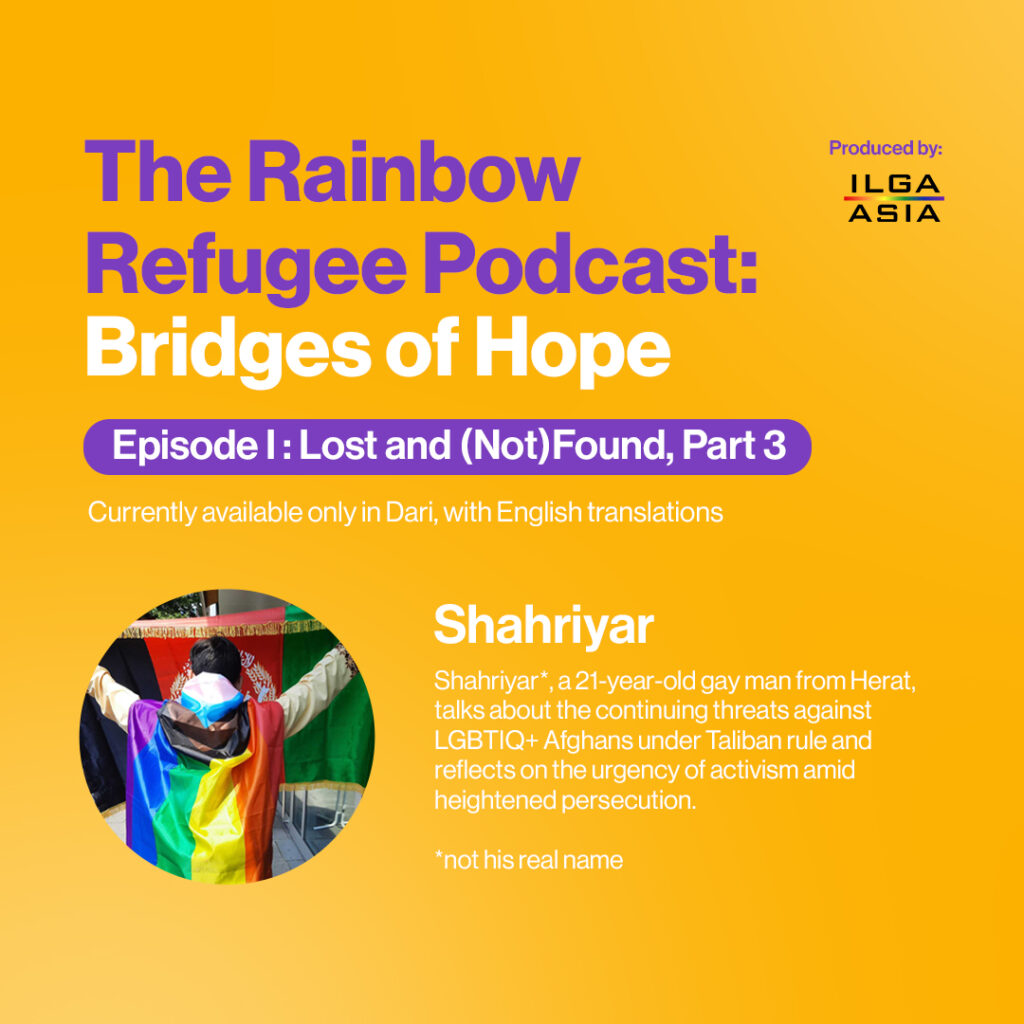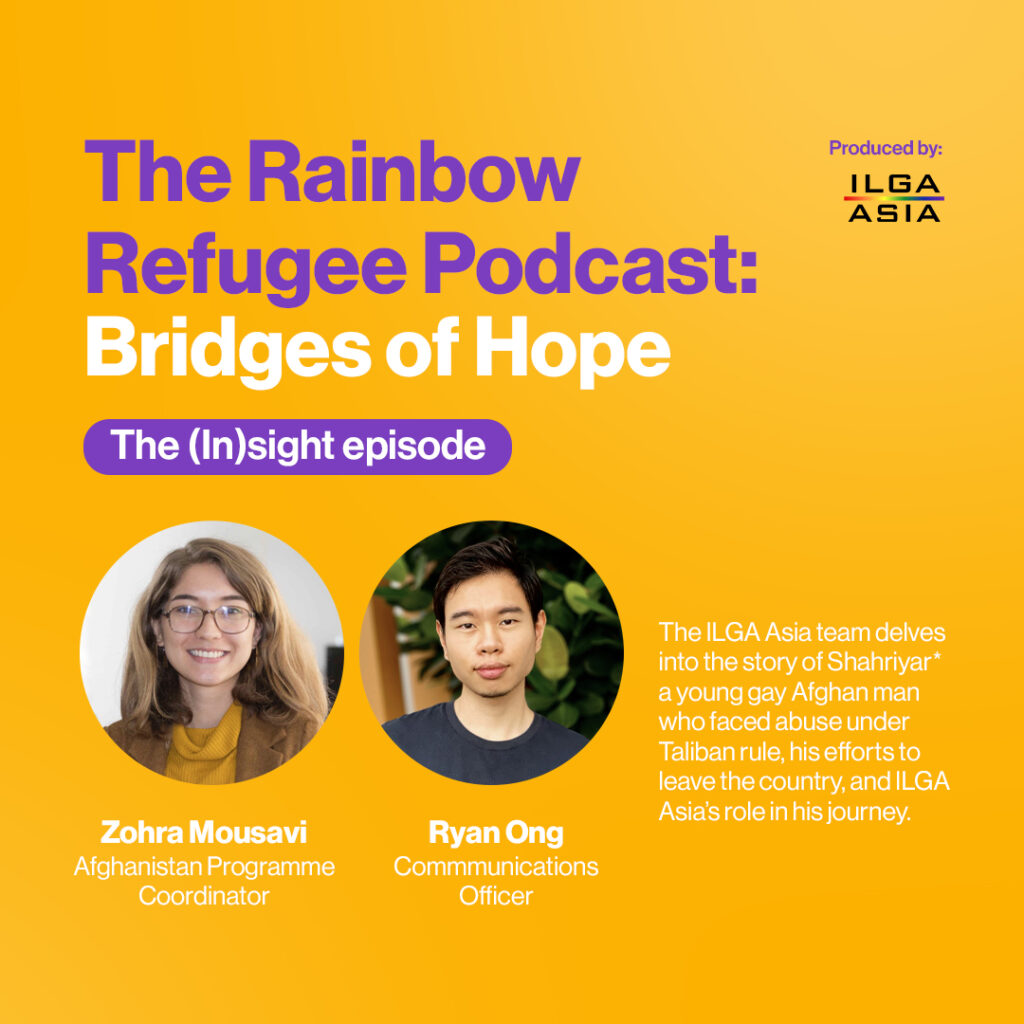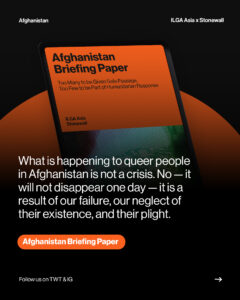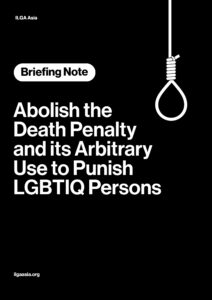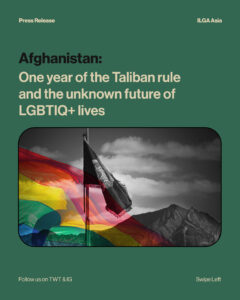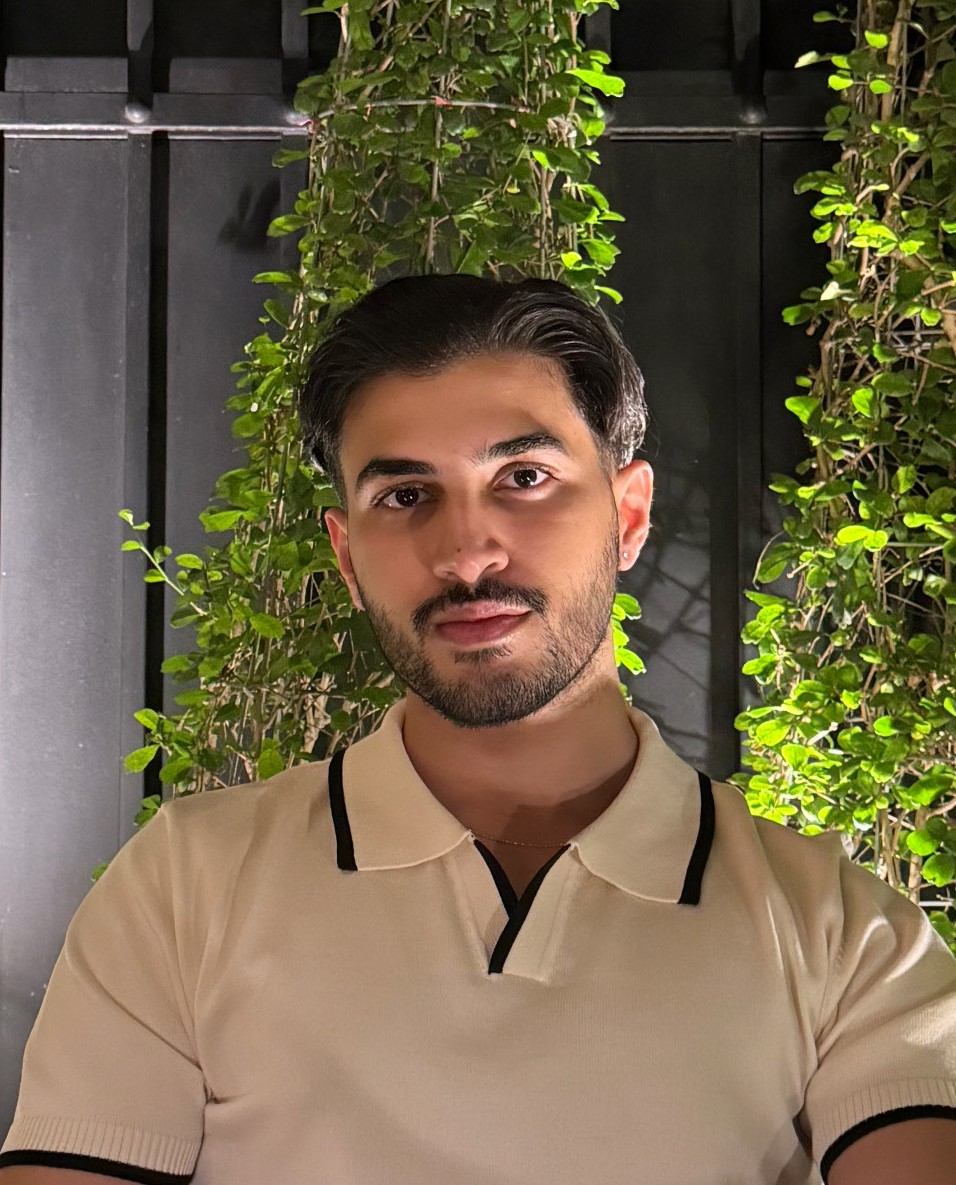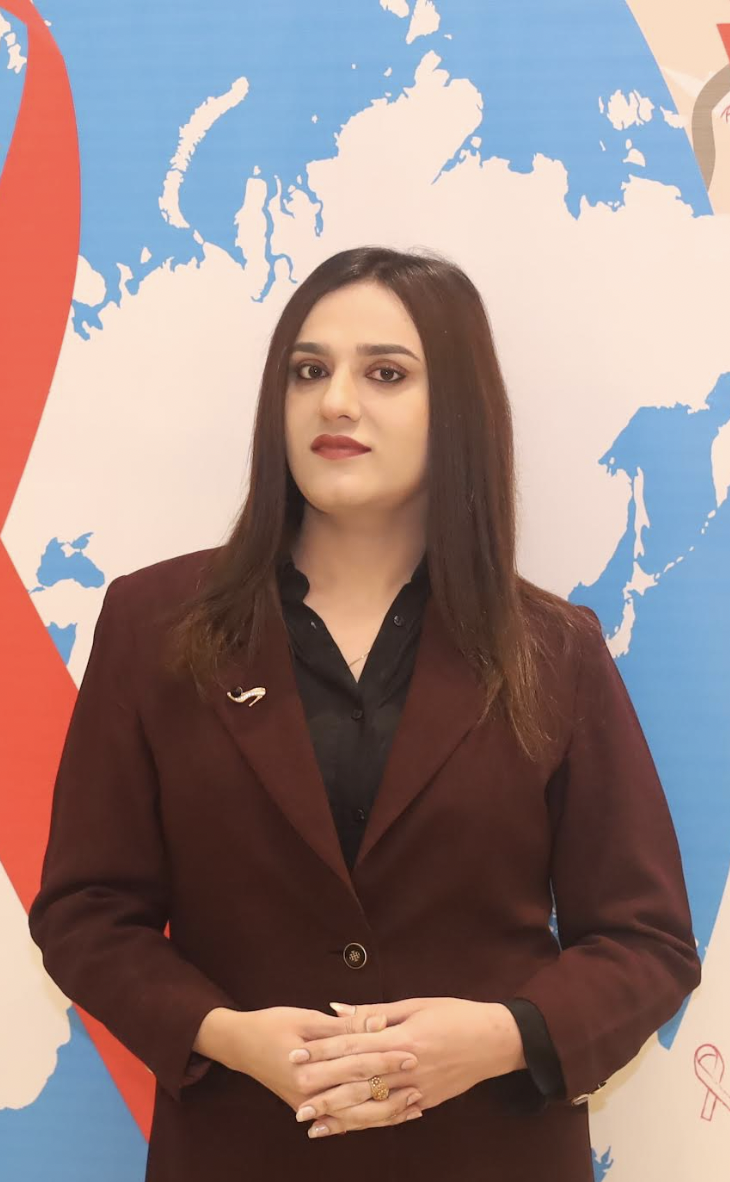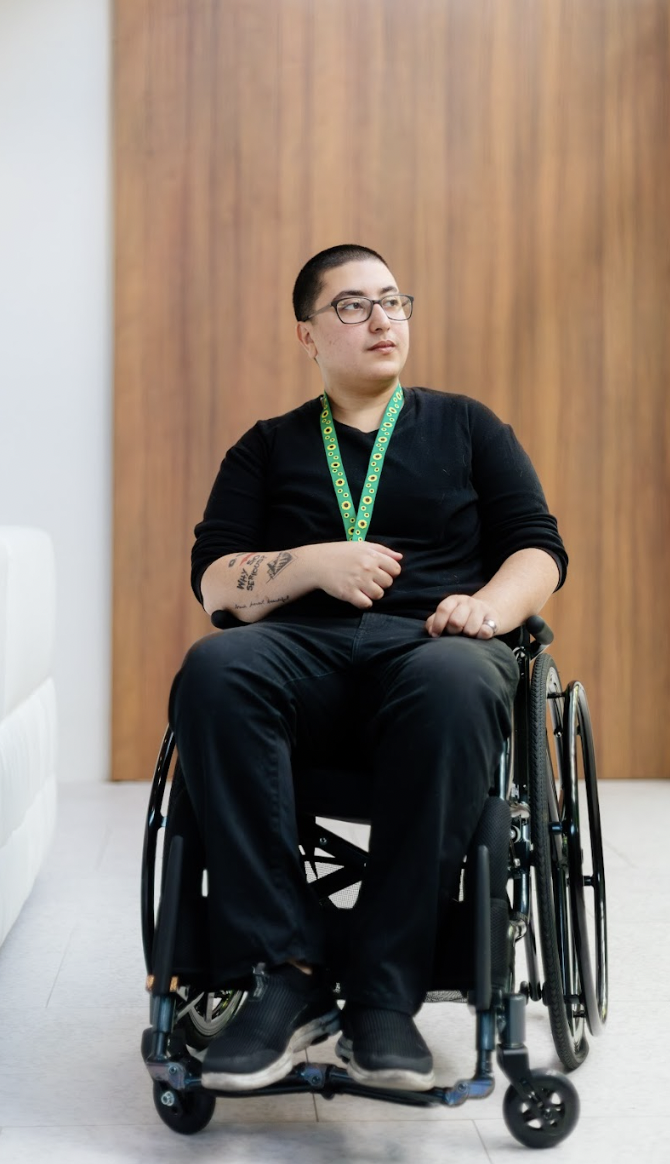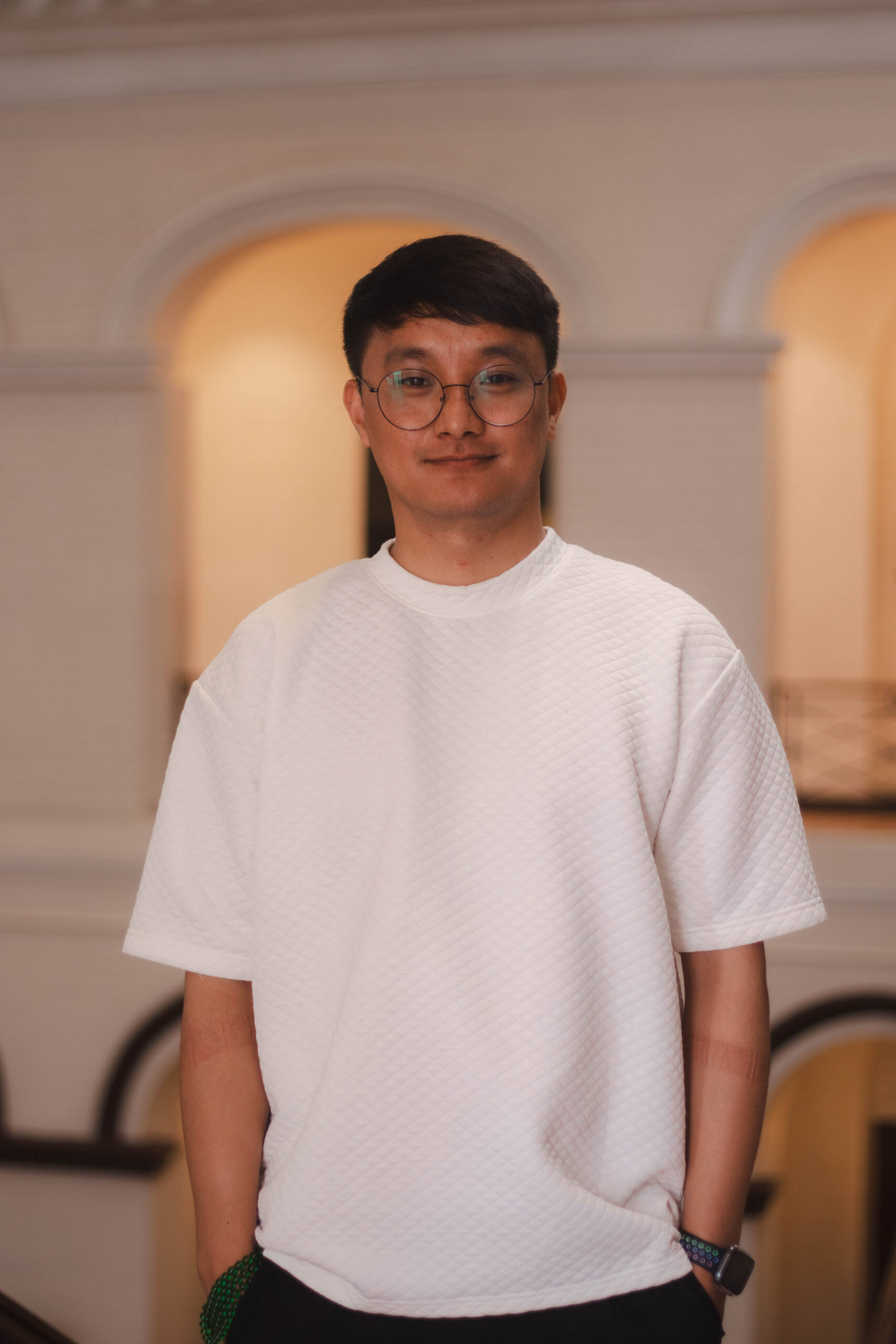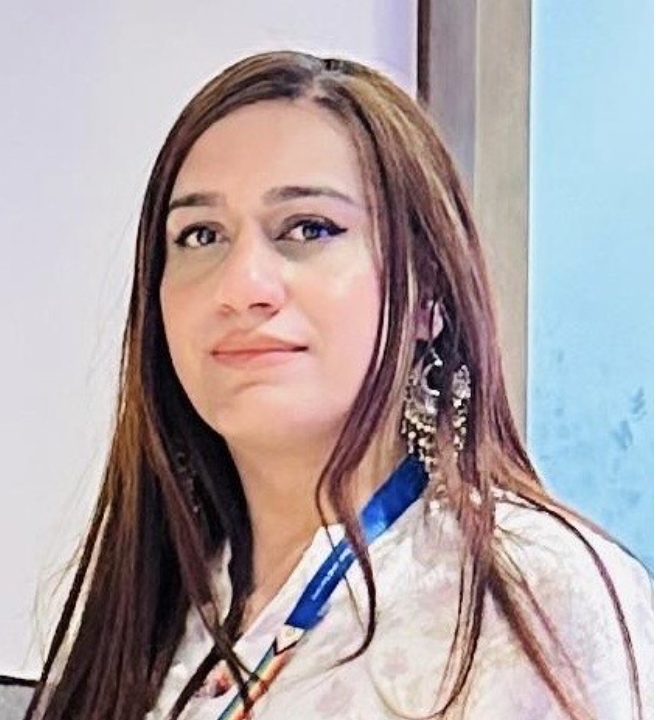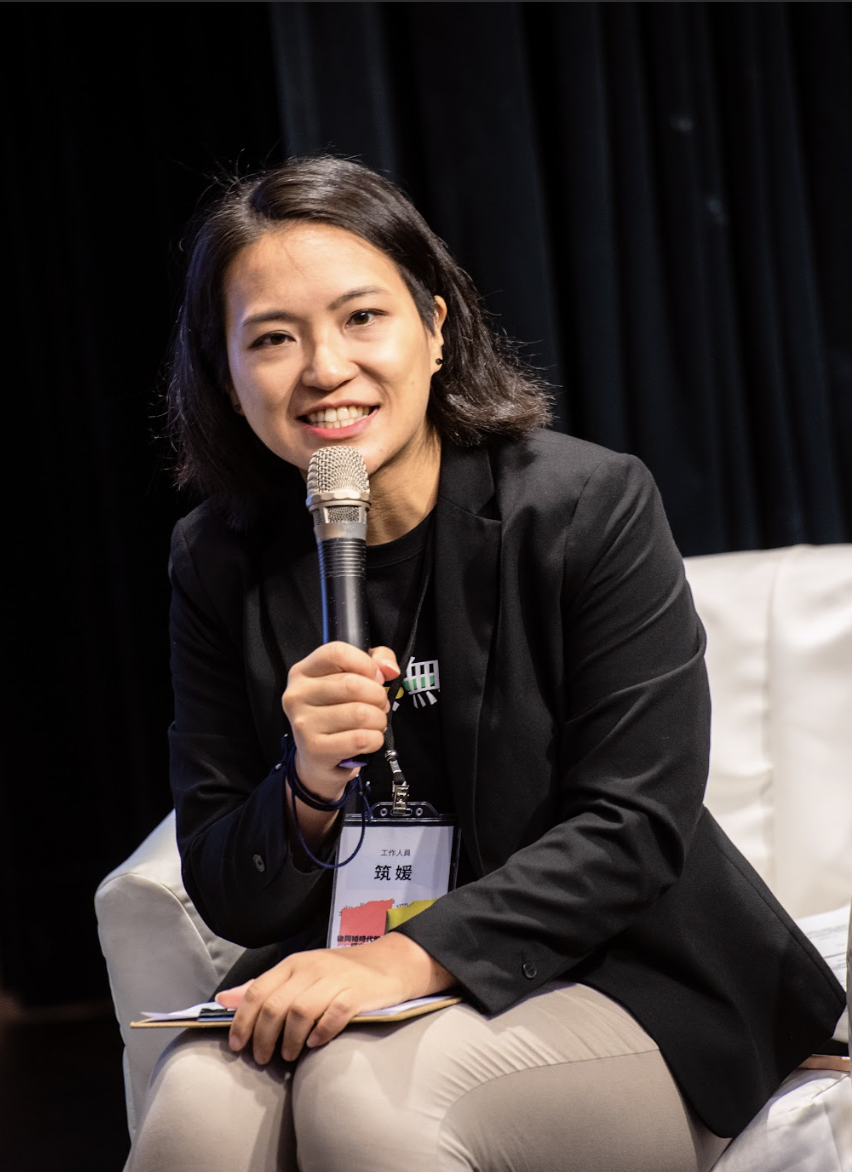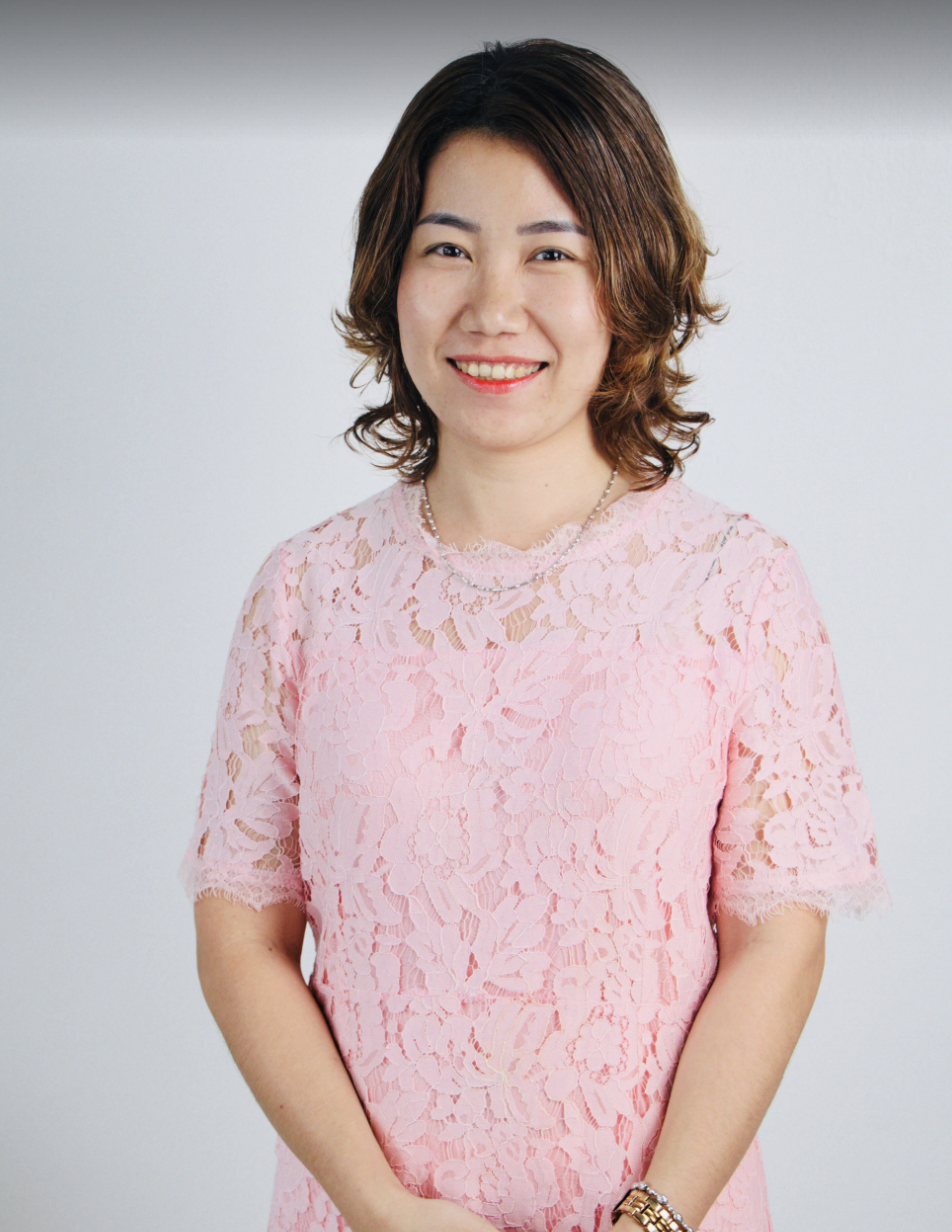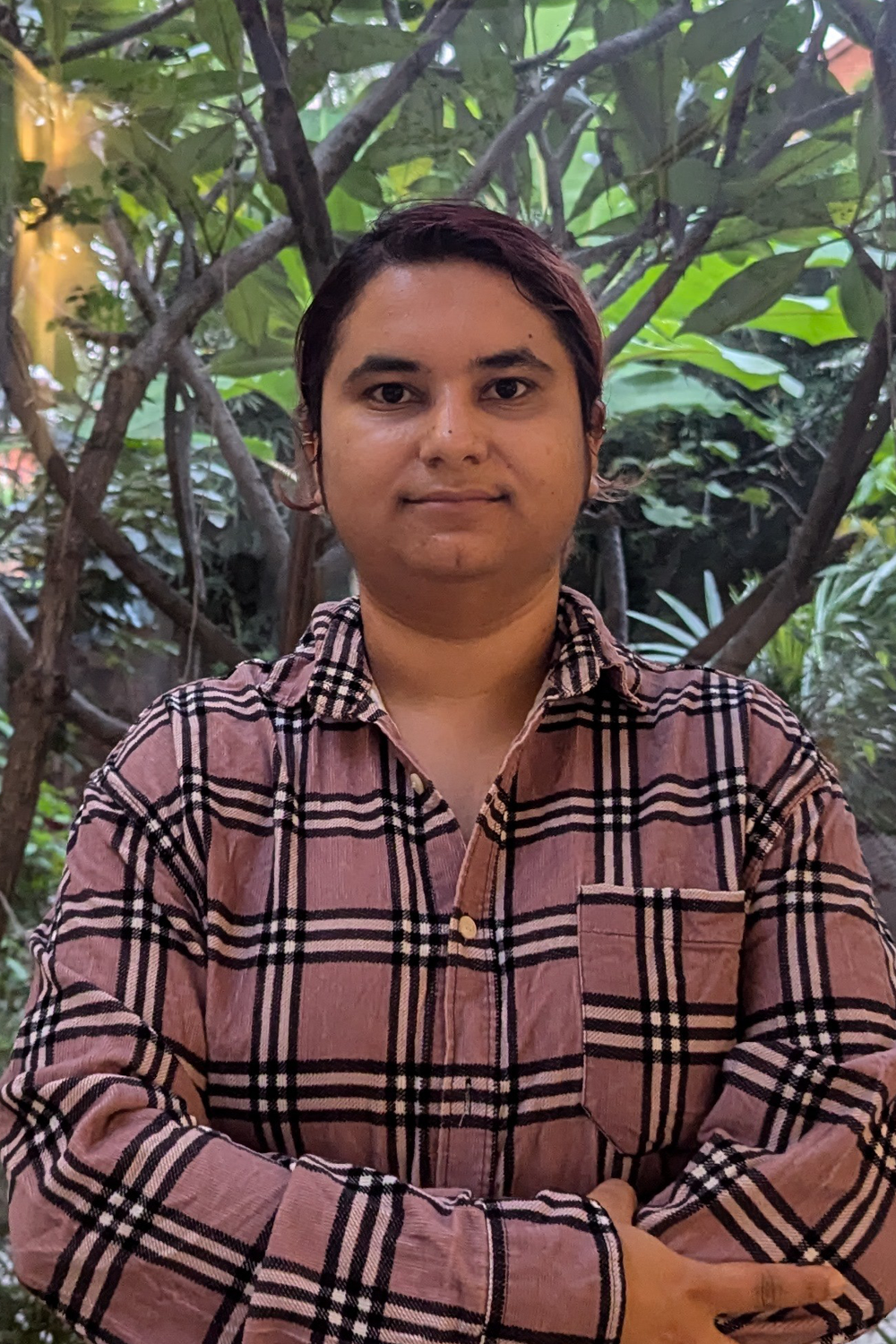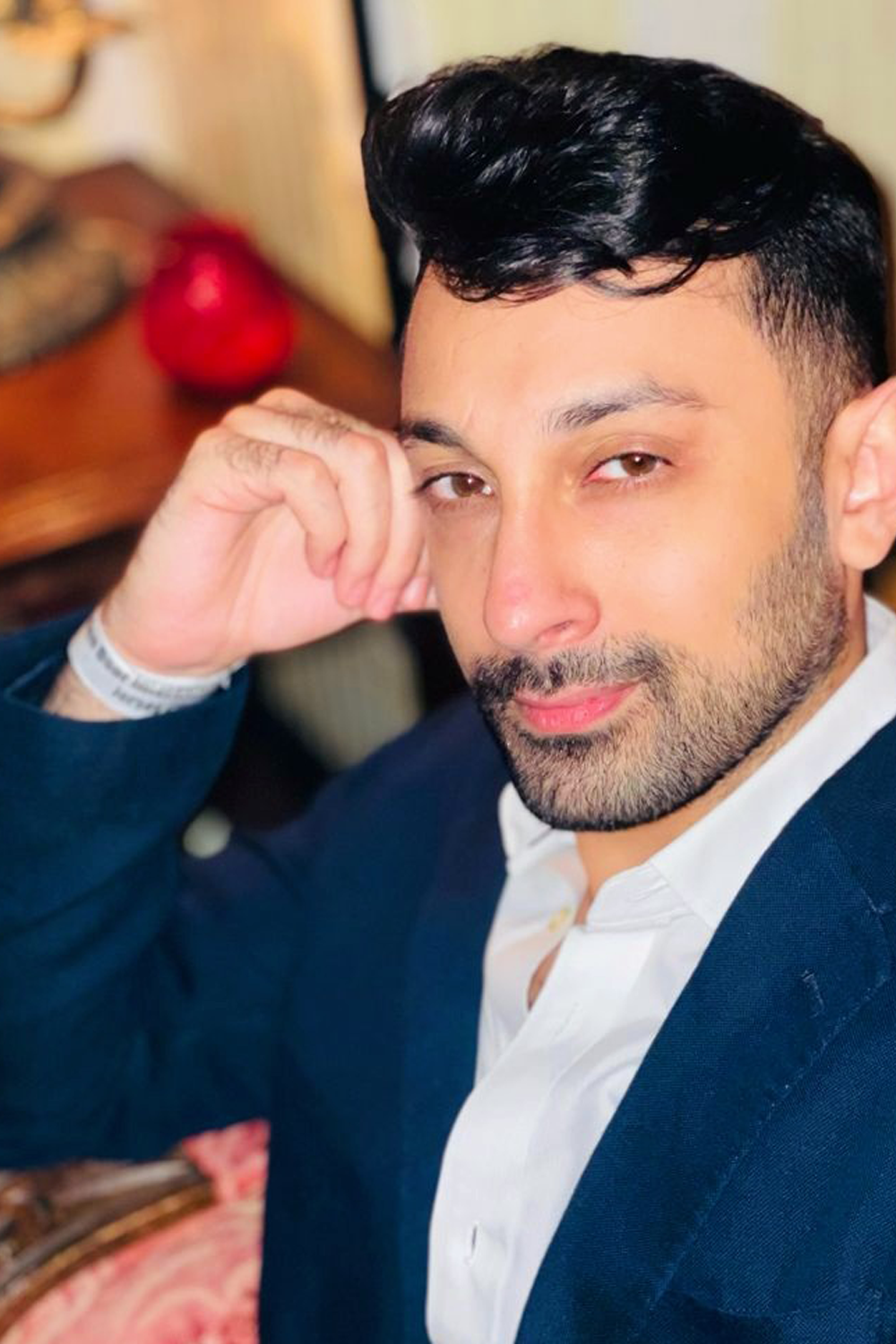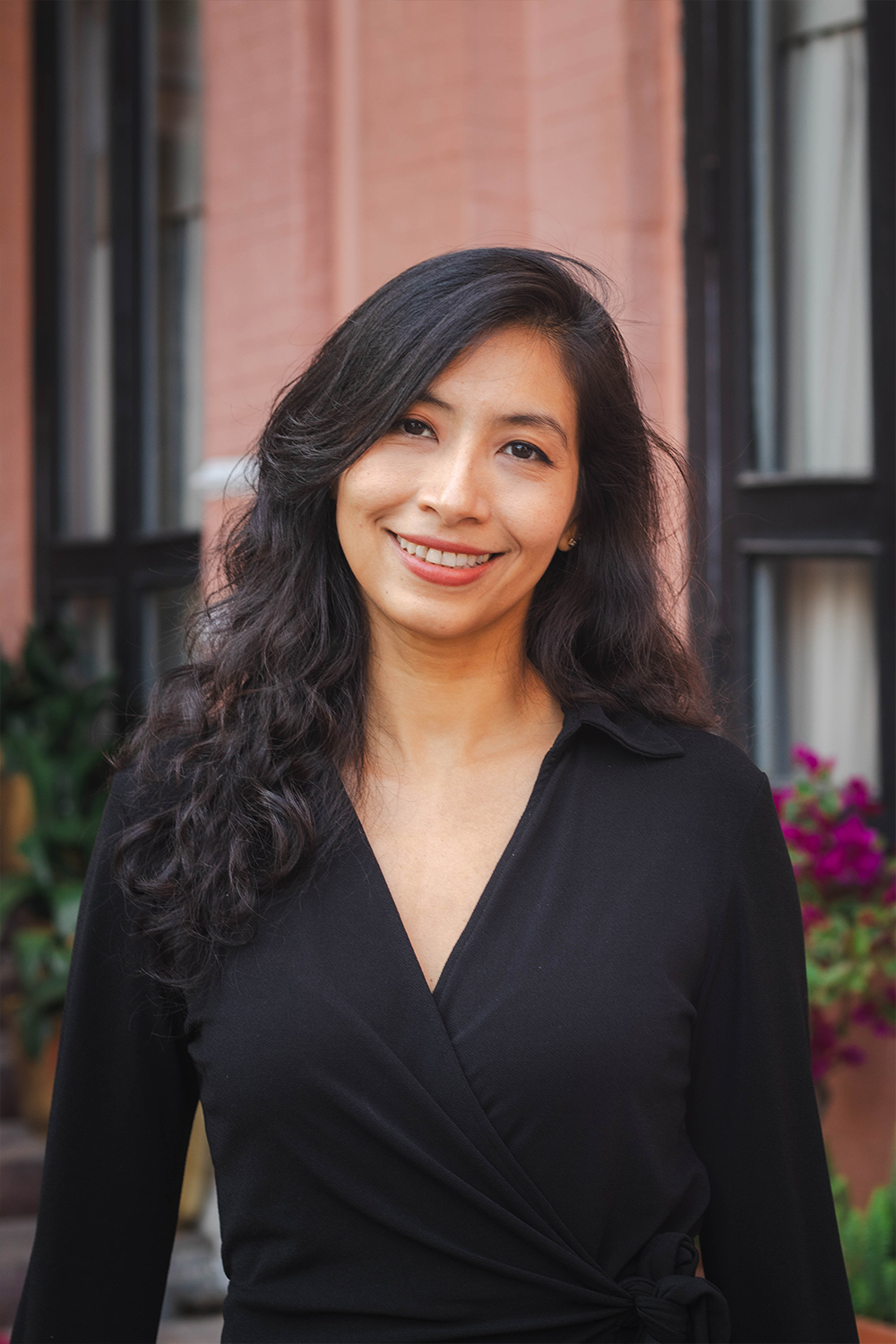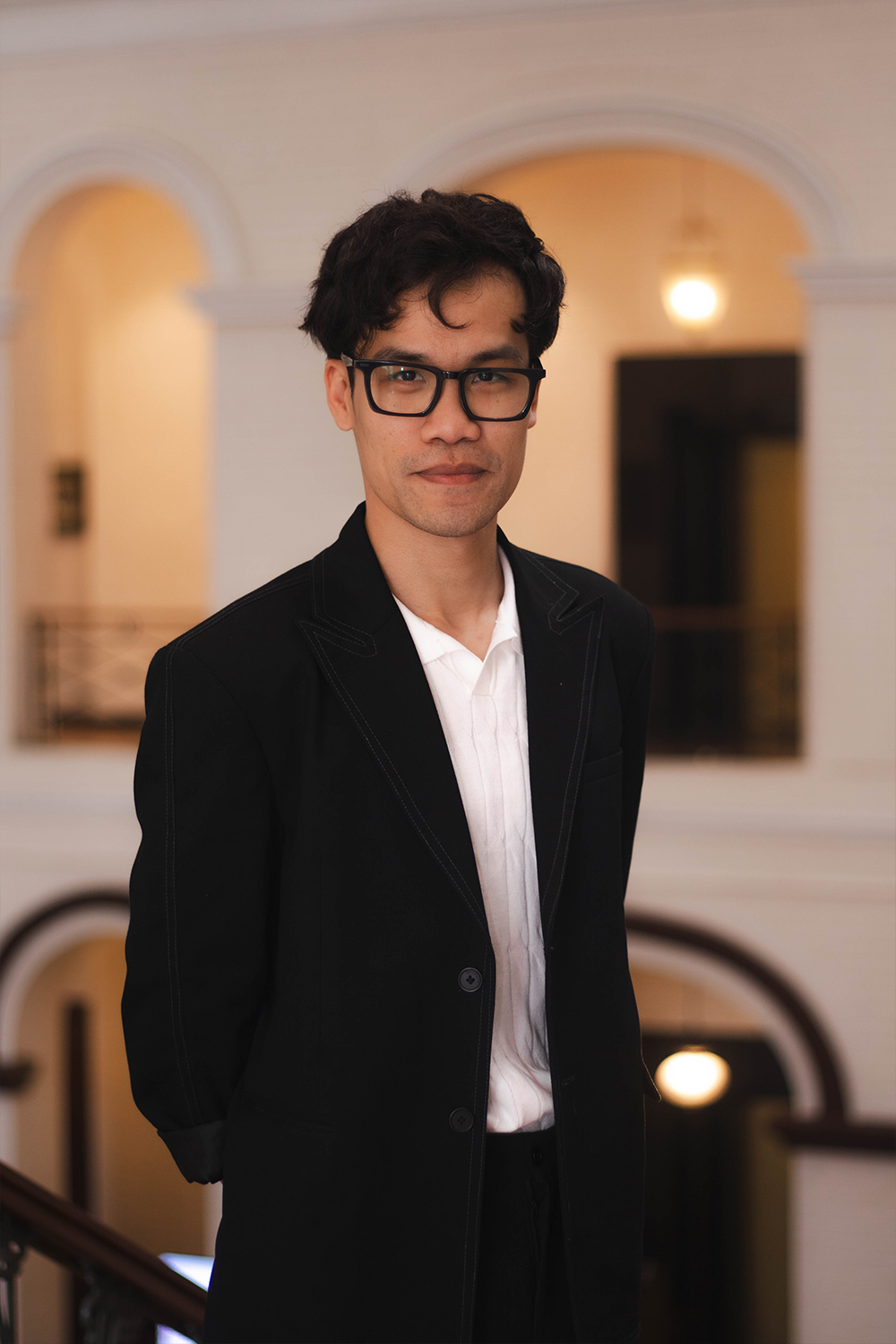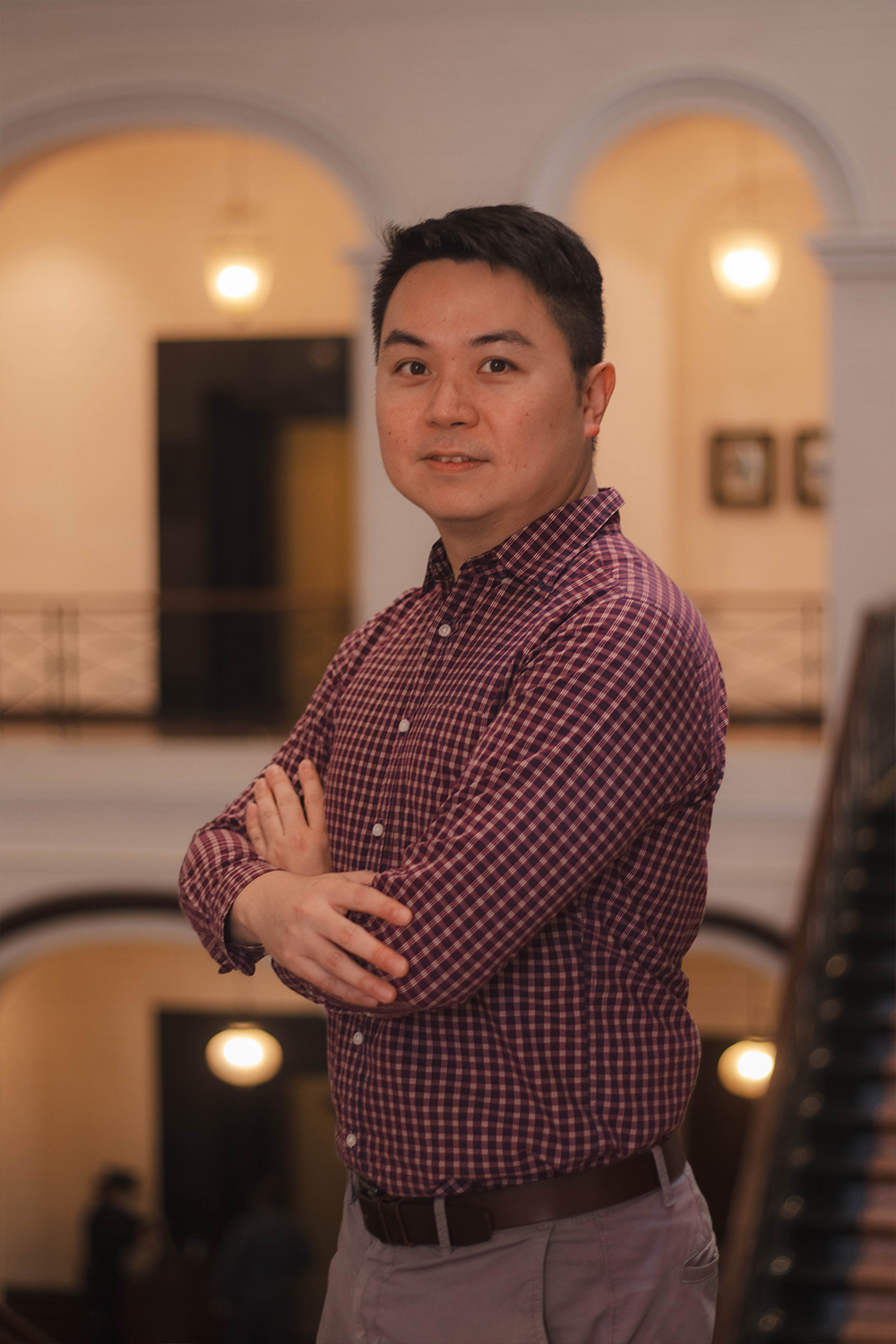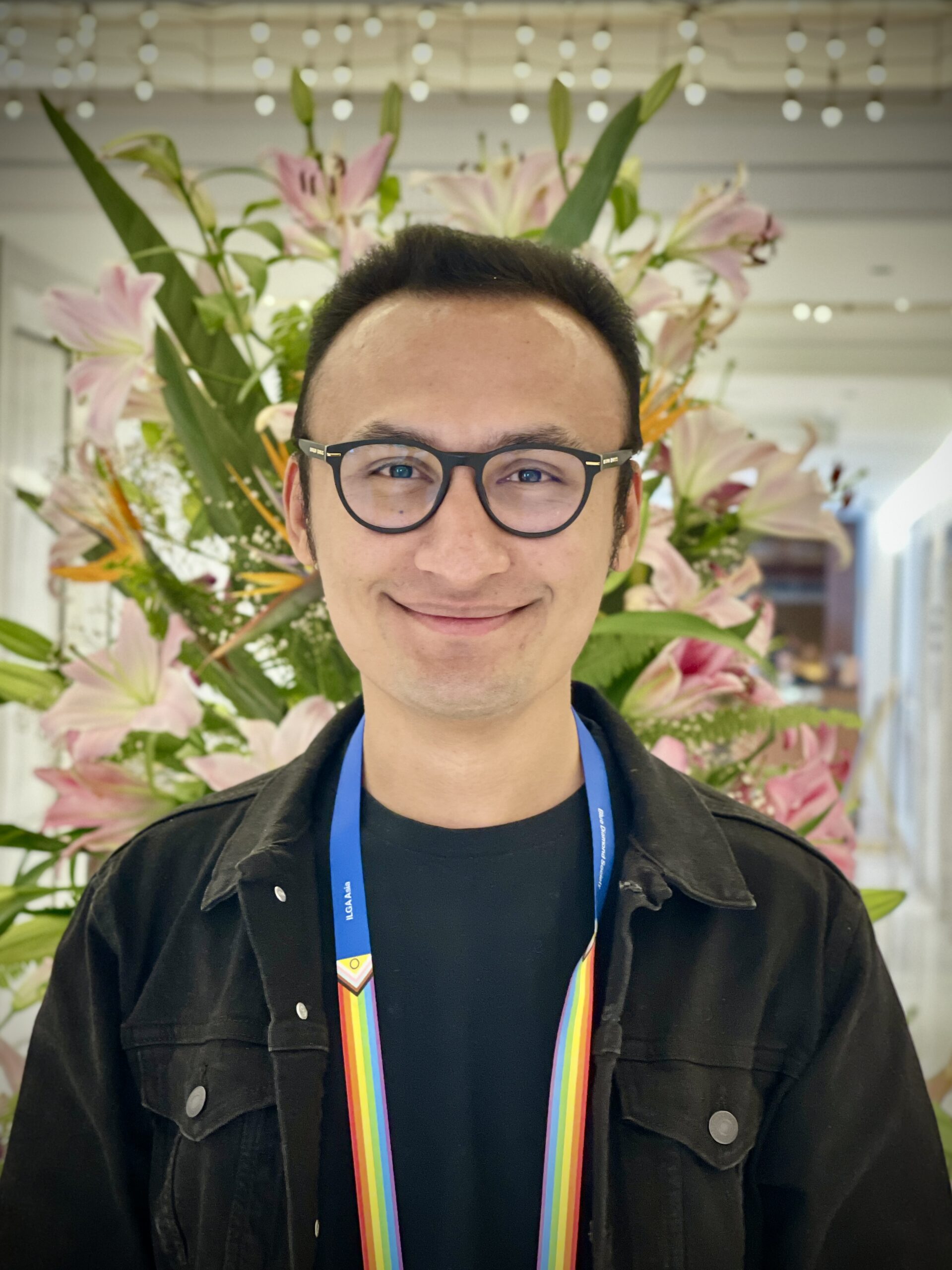Afghanistan Humanitarian Programme
The Afghanistan Programme run by ILGA Asia has been providing assistance to LGBTIQ individuals seeking refuge in other countries and identifying safe exit routes out of Afghanistan. Despite several challenges, ILGA Asia seeks to continue to provide support for those facing human rights violations with the necessary humanitarian aid, including emergency evacuation and resettlement support.
What’s Happening in Afghanistan?
On 3 November 2021, the UN Special Rapporteur on the situation of human rights defenders, Mary Lawlor, in her statement, described rights defenders in Afghanistan living under a climate of fear, threats, intense insecurity and growing desperation — calling for an urgent coordinated response from the international community.
“The threat is very real. Direct threats, including gendered threats against women, of beatings, arrests, enforced disappearances, and of defenders being killed. They describe living in a climate of constant fear,” the UN expert said.
Being LGBTIQ in Afghanistan is not only stigmatised, but it is also criminalised.
- In many Islamic countries across Asia, simply existing as LGBTIQ is treated as a crime.
- In Afghanistan under Sharia law, homosexuality is punishable by torture and ultimately death.
- Based on reports we receive, Violence prevalence (internal estimate), around 95% of LGBTQI people in Asia, especially in Afghanistan, experience violence or abuse. (Figure is based on our case reports and is not yet externally verified.)
- Violence against LGBTIQ people in Afghanistan has escalated, with Taliban forces systematically hunting, detaining, and torturing individuals leaving many too afraid to seek humanitarian aid and trapped in danger.
- International aid has dropped nearly 80% to Afghanistan, forcing essential programs to downsize or halt entirely.
- The recent earthquake in Kunar province alone claimed over 2,200 lives, destroyed more than 6,700 homes, and compounded the already dire humanitarian crisis.
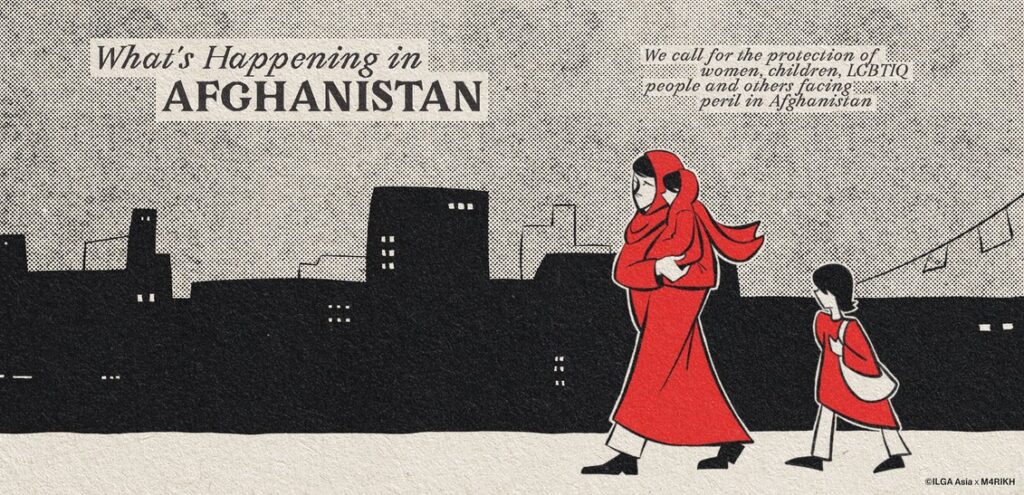
LBT Women and Intersectional Vulnerability
In Afghanistan, being a woman already limits access to healthcare, education, and work. For lesbians, the dangers are multiplied.
One woman in Kabul told us: “I was being raped by someone whom I married against my will. I was a lesbian and I could not tell my family. I told my husband, and he wanted to report me to the Taliban, and I left the house and am now living miserably. I cannot ask people to help, and if they do, there would be an expectation of something sexual from a woman. I am sick, and if I am not helped, I would either end my life or again sell my body to survive.”
Her story is not unique. Lesbian women often face both gender-based and sexuality-based violence, leaving them with almost no safe refuge.
For transgender people, survival itself is an act of defiance. Unlike women, who can be forced into marriages, transgender people are denied even the illusion of belonging. Their identities are erased, their existence criminalised.
A transgender woman in Mazar e Sharif was arrested and assaulted by a group of men simply because of her appearance and tone of voice.
“I have NOT chosen to be a man or to be born. It is very unfair. Being called stupid names, being humiliated by your family and outside people, and not having access to a doctor or therapy, it is brutal.”
Transgender people in Afghanistan live with constant trauma, a lack of identity recognition, and daily threats of violence. They are women trapped in a male body, stripped of dignity and medical care, and left without protection.
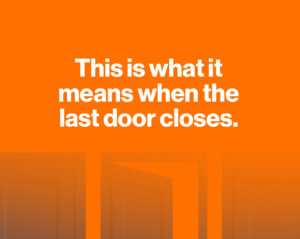
Our Afghanistan Humanitarian Programme
ILGA Asia continues to be in direct contact with LGBTI Afghans living in fear and life-threatening situations to assist them in accessing emergency evacuation since the Taliban’s take over in Afghanistan. We are working with international partners to establish safe passage for Afghan LGBTI people at risk.
Many LGBTI people remain in the country, waiting for opportunities to find safety before they are hunted down and killed. Given the gravity of the human rights violations faced by the LGBTI community, ILGA Asia has set up a programme to:
- Provide the LGBTI community in Afghanistan with humanitarian aid, and to support their safe passage and resettlement.
- Inform governments and the international community of the updated situation of the LGBTI community for timely actions in resource mobilisation, policy decisions to achieve the safety of the LGBTI community and the provision of humanitarian aid.
- Enable governments, organisations and leaders to advocate for the protection of LGBTI communities in crises beyond the context of Afghanistan and to develop, approve, and adopt SOGIESC inclusive laws, policies and resolutions at the international, regional and national levels.
Safar: Case Management Tool
For many, accessing aid is not just difficult — it is dangerous. LGBTIQ people fear being exposed when seeking help from international organizations. Their gender expression can mark them immediately, leading to denial of assistance or even retaliation. Women, too, face entrenched barriers. With too few female doctors allowed to practice, many women are legally blocked from receiving care altogether, leaving basic health needs unmet. Educational bans have stopped women from training as nurses or midwives and barred them from medical institutes shrinking the pipeline of health professionals.Because cultural norms prohibit many women from being treated by male physicians, the lack of female doctors forces them to travel long distances or avoid care, especially for maternal and reproductive health needs. The consequences are stark: Afghanistan’s maternal mortality rate remains among the highest in Asia.
The Taliban’s escalating persecution of LGBTIQ Afghans—through harassment, arrests, violence, and killings—has forced many to flee their homes in search of safety. Since 2021, ILGA Asia and Stonewall have provided emergency aid and developed Safar, a secure case management tool that helps LGBTIQ people access protection, resettlement, or in-country support. Beyond immediate aid, Safar also generates vital data to strengthen global advocacy and improve humanitarian responses for those most at risk.
“We believe that a collaborative approach is the best approach, one that takes into account the different roles we each play across the LGBTQ sector, the humanitarian sector, governments, and policy-making bodies.”
— Henry Koh, Executive Director, ILGA Asia
Rainbow Refugee Podcast: Bridges of Hope
ILGA Asia’s new podcast featuring the voices of LGBTIQ+ refugees and activists from Afghanistan who narrate their stories of oppression, resilience, and also hope.
Standing with Afghanistan Amidst Drying Aid
Shrinking funding in Afghanistan has become a matter of life and death, cutting off access to education, healthcare, and safety for countless people. The situation has worsened with the Taliban’s nationwide internet shutdown, severing communication and leaving many unreachable. Humanitarian organisations are now forced to rely on costly offline methods like phone calls and mobile outreach to stay connected and save lives — efforts that urgently require funding support.
“To outsiders, funding cuts may look like numbers on a page. But here, those numbers mean death. They mean shutting the last door of escape. They mean silencing us, forcing us into hiding, and erasing us from the world’s conscience.”
These systemic exclusions, compounded by shrinking funding and communication blackouts, have left Afghanistan’s most vulnerable on the brink.
- LGBTIQ individuals face severe risks when seeking aid — their identities can expose them to harassment, denial of assistance, or violent retaliation.
- Women are blocked from essential healthcare as restrictive laws prevent most female doctors from practicing and ban women from medical education, deepening the crisis in maternal and reproductive health.
- Humanitarian gaps are widening, leaving those already at the margins — women, children, and LGBTIQ people — without access to safety, care, or dignity.
Stand With Us —
#MakeItCount
ILGA Asia, together with partners, is calling for sustained humanitarian funding and strategies that strengthen local empowerment—responses rooted in solidarity, respectful of community agency.
But we cannot do this alone. Your support matters.
Stand with Asia’s most vulnerable communities.
Help us protect dignity, safety, and resilience.
Because when the world turns away, those most at risk lose not just aid, but their chance to survive and thrive. Together, let’s #MakeItCount.
